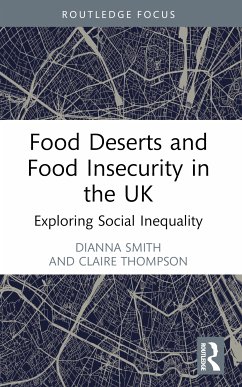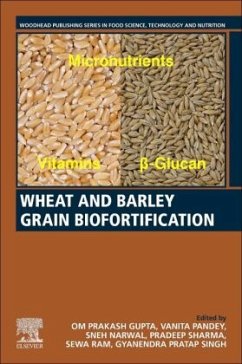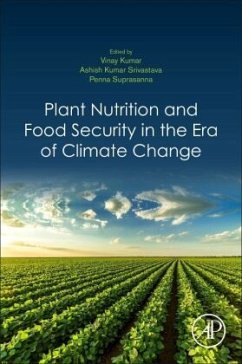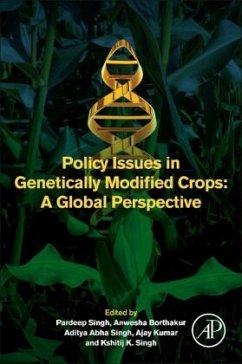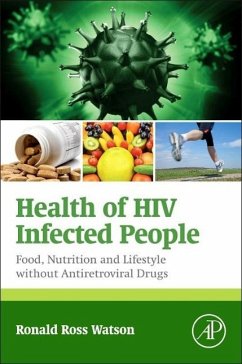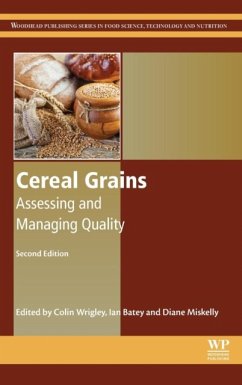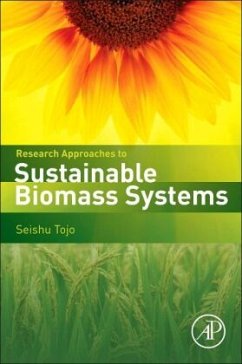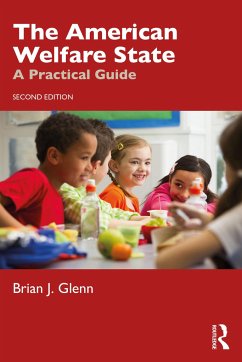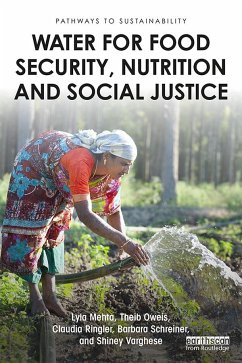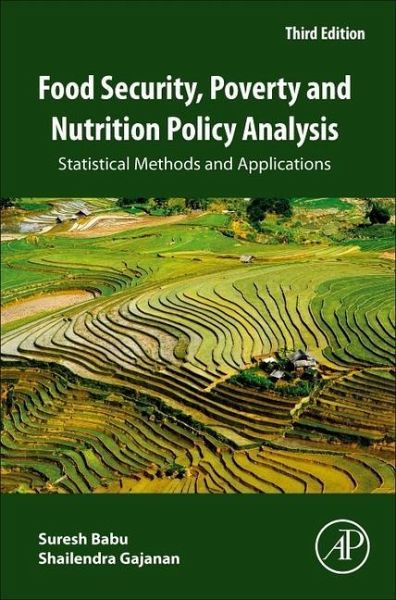
Food Security, Poverty and Nutrition Policy Analysis
Statistical Methods and Applications

PAYBACK Punkte
58 °P sammeln!
Food Security, Poverty and Nutrition Policy Analysis: Statistical Methods and Applications, Third Edition combines statistical data analysis and computer literacy, applying the results to develop policy alternatives through a series of statistical methods for real world food insecurity, malnutrition and poverty problems. The book presents the latest uses of statistical methods for policy analysis using the open source statistical environment R, in addition to having the original Stata files and applications. A new chapter on obesity brings in new datasets for analysis to effectively demonstrat...
Food Security, Poverty and Nutrition Policy Analysis: Statistical Methods and Applications, Third Edition combines statistical data analysis and computer literacy, applying the results to develop policy alternatives through a series of statistical methods for real world food insecurity, malnutrition and poverty problems. The book presents the latest uses of statistical methods for policy analysis using the open source statistical environment R, in addition to having the original Stata files and applications. A new chapter on obesity brings in new datasets for analysis to effectively demonstrate the use of such data for addressing policy issues.
Finally, program evaluation methods which can be directly applied to the data on food security, nutrition, poverty indicators and causal factors are included. This unique, real-world data takes the reader through a "hands-on" approach toward econometric practice whereby they can also test the effects of policy and program interventions. Further, this is the first book to explore actual data with STATA and R statistical packages that also provides a line-by-line guide to the programming and interpretation of results.
Finally, program evaluation methods which can be directly applied to the data on food security, nutrition, poverty indicators and causal factors are included. This unique, real-world data takes the reader through a "hands-on" approach toward econometric practice whereby they can also test the effects of policy and program interventions. Further, this is the first book to explore actual data with STATA and R statistical packages that also provides a line-by-line guide to the programming and interpretation of results.





